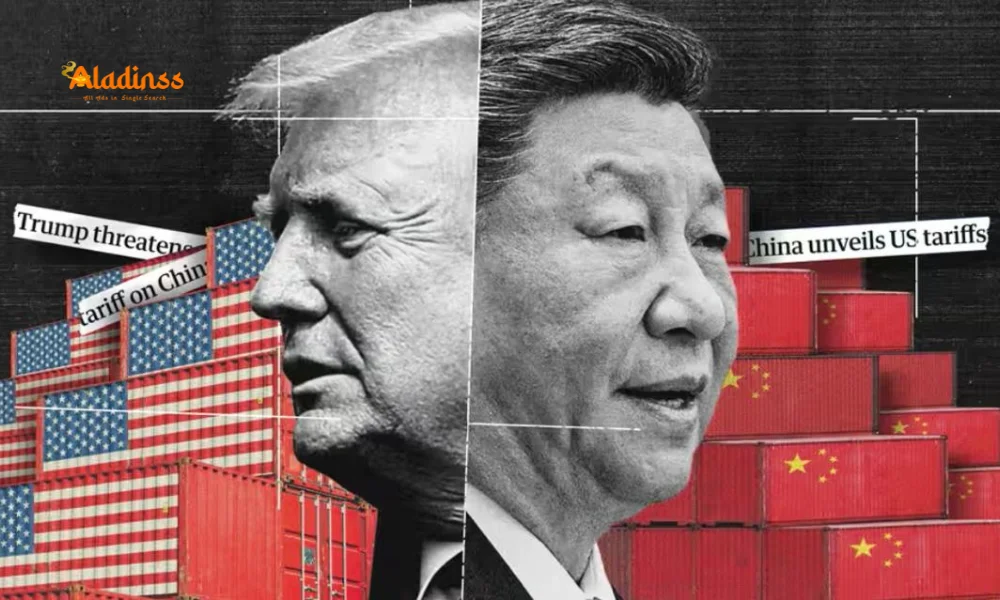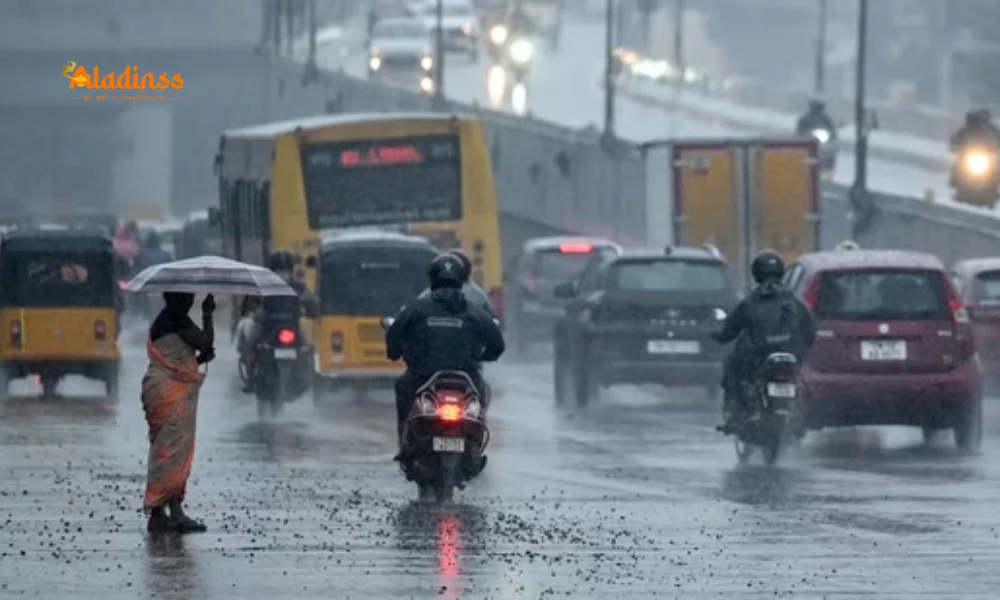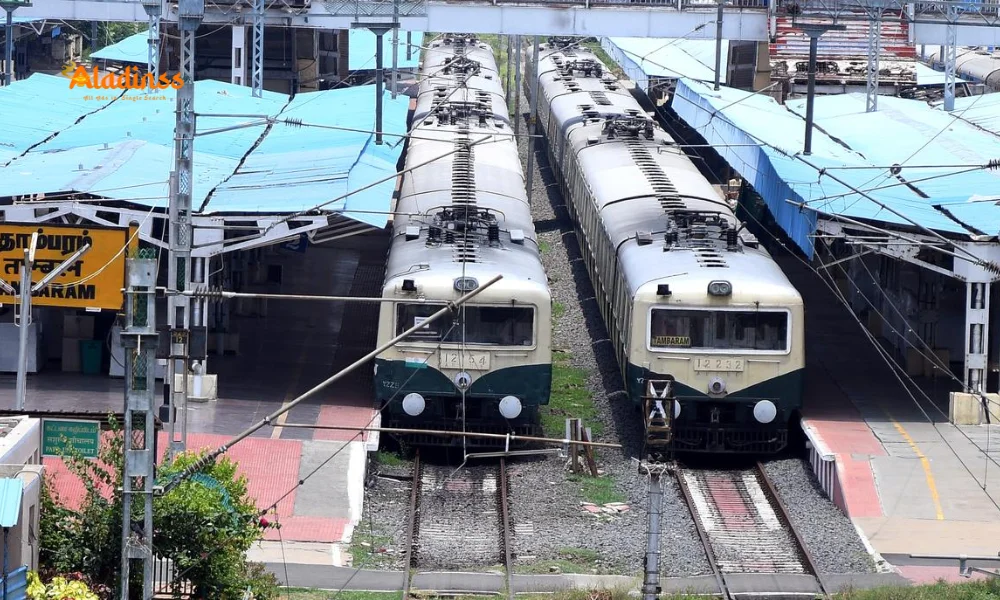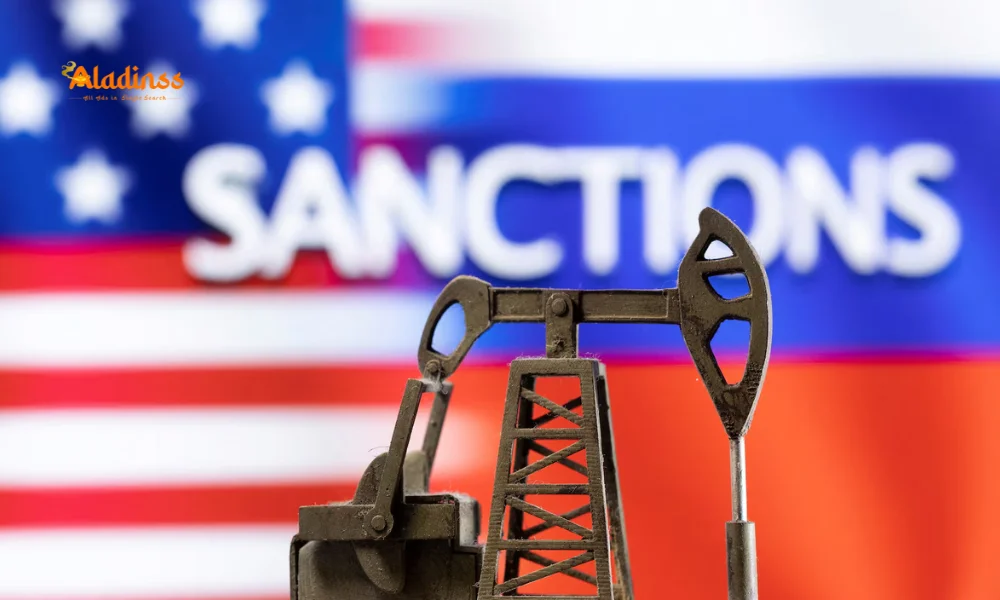Breaking: PM Modi to Miss ASEAN Summit, 2025 Trump Meeting Off the Table
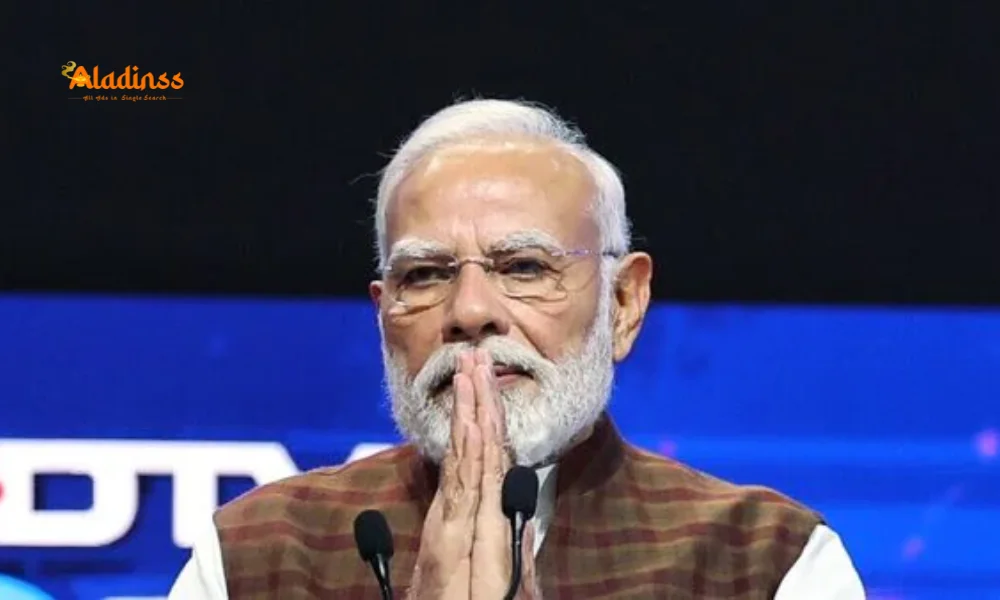
Modi to Skip ASEAN Summit 2025: No Trump Meeting This Year
In a surprising development, Prime Minister Narendra Modi is unlikely to attend the ASEAN Summit 2025 and the East Asia Summit in Malaysia, marking a rare absence from these key regional gatherings. External Affairs Minister S Jaishankar will represent India at the high-level meetings in Kuala Lumpur, scheduled for late October. This decision, only the second time in a decade that Modi has skipped the ASEAN summit, comes as India prioritizes the G20 Summit in South Africa in November, where Modi will lead discussions on global economic priorities.
The absence also means no bilateral meeting between Modi and US President Donald Trump is expected this year. While Trump is set to attend the ASEAN Summit, Modi’s focus on domestic and other international commitments, including the Deepavali festival, has led to his virtual participation. This shift underscores a recalibration of India’s diplomatic engagements, with the ASEAN-India partnership still remaining a cornerstone of New Delhi’s Act East Policy.
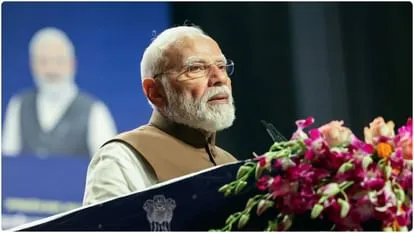
India’s Strategic Absence at ASEAN Summit
Prime Minister Modi’s decision to forego the ASEAN Summit 2025 has sparked discussions about India’s diplomatic priorities. Historically, Modi has been a regular attendee, using the platform to strengthen ties with Southeast Asian nations under India’s Act East Policy. The ASEAN-India relationship, which began as a sectoral dialogue in 1992, evolved into a full dialogue partnership in 1995 and a strategic partnership in 2012. This partnership has been pivotal in enhancing trade, investment, security, and defense cooperation, aligning with ASEAN’s role in regional stability.
The decision to send External Affairs Minister S Jaishankar reflects a pragmatic approach, as Modi’s schedule is packed with domestic commitments, including the Deepavali festival, and other international engagements like the G20 Summit. Malaysian Prime Minister Anwar Ibrahim, in a recent phone call with Modi, expressed understanding of the decision, extending Deepavali greetings to India. This gesture highlights the continued warmth in Malaysia-India relations despite Modi’s absence.
Modi and Anwar Ibrahim’s Strategic Dialogue
In a recent conversation, Malaysian Prime Minister Anwar Ibrahim and Modi discussed elevating the Malaysia-India partnership to a more strategic and comprehensive level. Anwar emphasized India’s importance as a partner in trade, investment, technology, education, and regional security. The leaders also reviewed preparations for the 47th ASEAN Summit, with Modi confirming his virtual participation due to the Deepavali celebrations. This dialogue underscores Malaysia’s commitment to deepening ties with India, a key player in the Indo-Pacific region.
The Malaysia-India relationship has seen significant growth, with bilateral trade reaching new heights in recent years. Malaysia, as a key ASEAN member, plays a crucial role in India’s broader engagement with the region. Anwar’s statement reaffirmed Malaysia’s dedication to fostering a peaceful and prosperous ASEAN through enhanced cooperation with India, aligning with shared goals of regional stability and economic growth.
No Modi-Trump Meeting in 2025
The absence of a bilateral meeting between Modi and US President Donald Trump in 2025 is notable, given their frequent engagements in previous years. Trump’s attendance at the ASEAN Summit in Kuala Lumpur, starting October 26, will not overlap with Modi’s schedule. Instead, Modi will focus on the G20 Summit in South Africa, where global economic challenges, including trade and climate issues, will take center stage. The lack of clarity on the QUAD Summit, which India is set to host, further reduces the likelihood of a Modi-Trump meeting this year.
The QUAD Summit, involving India, the US, Japan, and Australia, remains a critical platform for Indo-Pacific cooperation. However, scheduling uncertainties have cast doubts on its timing. India’s hosting of the summit is expected to reinforce its leadership in the region, but the absence of a confirmed date highlights the complexities of coordinating high-level multilateral engagements amidst packed diplomatic calendars.
ASEAN-India Partnership: A Strategic Pillar
The ASEAN-India partnership has grown steadily over the decades, evolving from a sectoral dialogue to a strategic partnership. ASEAN’s 10 member nations—Indonesia, Malaysia, the Philippines, Singapore, Thailand, Brunei, Vietnam, Laos, Myanmar, and Cambodia—form a critical component of India’s foreign policy. The partnership has facilitated robust cooperation in trade, with bilateral trade volumes increasing significantly, and security, with joint initiatives to counter regional threats.
India’s Act East Policy, launched to deepen engagement with Southeast Asia, has positioned ASEAN as a cornerstone of New Delhi’s Indo-Pacific strategy. The partnership has also fostered collaboration in areas such as maritime security, counter-terrorism, and sustainable development. Despite Modi’s absence from the 2025 summit, India’s commitment to ASEAN remains unwavering, with Jaishankar expected to articulate New Delhi’s vision for enhanced regional cooperation.
Implications for India’s Regional Strategy
Modi’s decision to skip the ASEAN Summit 2025 reflects a strategic prioritization of domestic and global commitments. The G20 Summit in South Africa offers a platform to address pressing global issues, including economic recovery and climate action, aligning with India’s leadership aspirations. However, the absence from ASEAN could prompt speculation about India’s regional priorities, especially as China continues to expand its influence in Southeast Asia.
India’s virtual participation in the ASEAN Summit ensures continued engagement, but the physical absence of Modi may temper expectations for immediate breakthroughs in bilateral agreements with ASEAN nations. Jaishankar’s presence will be crucial in maintaining momentum, particularly in trade and security discussions, as India seeks to counterbalance regional dynamics and strengthen its strategic footprint.
Looking Ahead: India’s Role in ASEAN
As Malaysia hosts the 47th ASEAN Summit, the focus will be on fostering a peaceful and prosperous region. India’s virtual participation, coupled with Jaishankar’s representation, underscores New Delhi’s commitment to ASEAN despite scheduling constraints. The Malaysia-India partnership, bolstered by recent high-level dialogues, is poised for further growth, with potential collaborations in technology, education, and regional security.
The ASEAN-India partnership will continue to evolve, driven by shared interests in economic growth and regional stability. India’s Act East Policy, coupled with ASEAN’s centrality in the Indo-Pacific, ensures that the relationship remains a priority. As India navigates its diplomatic calendar, the focus on strengthening ties with ASEAN nations will be critical in shaping a balanced and prosperous regional order.
Comment / Reply From
No comments yet. Be the first to comment!
